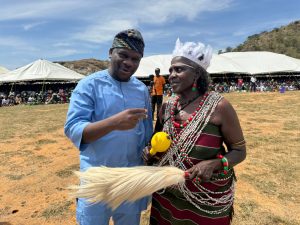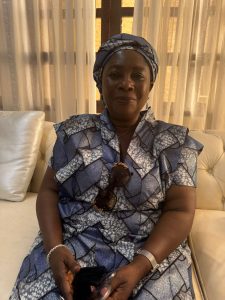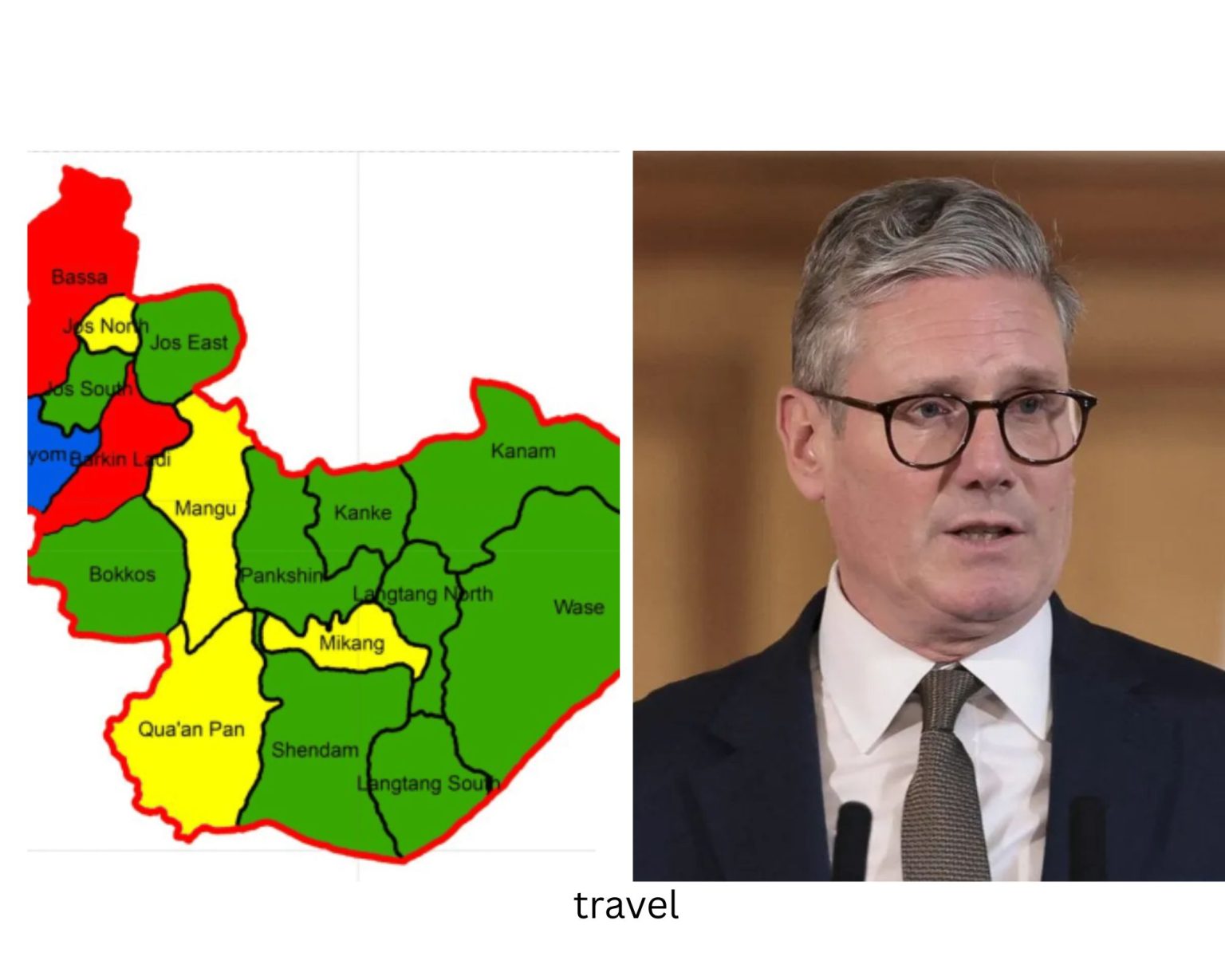A growing number of residents across several northern state, particularly in Plateau, have criticised the United Kingdom other international media for what they describe as sensational and misleading portrayals of insecurity in the region. They argue that the persistent exaggeration of attacks creates unnecessary fear, distorts reality, and threatens to destabilise communities that are already struggling with social and economic pressures.
During interviews conducted by the New Daily Prime in Plateau, residents insisted that the region’s security challenges, while serious, are being blown out of proportion by external observers, especially Western governments and media houses. They warned that such mischaracterisations could have damaging consequences, including investment flight, reduced tourism, increased stigma, and heightened tension among religious and ethnic groups.
One of the voices leading the criticism is Pharmacist Jabeel Abednego Isah, a resident of Jos South Local Government Area. He faulted the recent decision by the UK government to list Plateau among areas considered unsafe for travel, describing the move as uninformed, exaggerated, and disconnected from the realities on ground.
Speaking on Friday, Mr Isah said Plateau residents acknowledge that insecurity remains a challenge, but he stressed that the situation is far more complex and far less widespread than many international reports suggest.
Read Also:
APC strengthens majority as five Enugu reps, one from Plateau defect to the party
UK flags six Nigerian states as insecurity surges nationwide
“It is a matter of concern, agreed, but it is not as generalised as they portray. The issue is localised, not statewide,” he said. According to him, while certain local governments in Plateau, such as Barkin Ladi, Riyom, and Bassa—have experienced repeated attacks, other areas remain largely unaffected and continue to function normally. He said the sweeping categorisation of the entire state as unsafe is both inaccurate and unfair.
‘It’s Not a Religious War’ — Resident Counters Global Narratives
Mr Isah also challenged what he called the “lazy and simplistic” attempt by foreign commentators to frame the Plateau crisis as a religious war. He noted that Plateau, being a Christian majority state, naturally records higher Christian casualties when attacks occur. But this demographic reality, he argued, does not automatically translate to religious persecution.
To emphasise his point, he compared Plateau with other northern states such as Zamfara, Katsina, Borno, and Yobe, where the overwhelming majority of victims are Muslims.
“We cannot conclude it is based on religion. In Muslim-majority states, Muslims are the victims. In Christian-majority areas, Christians are the victims. It follows population patterns, not necessarily religious targeting,” he explained. He insisted that the motives behind most attacks in Nigeria range from land disputes and banditry to communal clashes and criminal opportunism. As such, he cautioned observers against oversimplifying complex socio-political issues through a religious lens.
Residents Acknowledge Improvement but Call for Stronger Government Action
Mr Isah admitted that the security situation is still far from ideal, but he noted some improvements in recent months. He cited the Abuja–Jos road, previously considered one of the most dangerous routes in Northern Nigeria, as an example of progress. “The challenges are not like they used to be. There is a little improvement, and we appreciate it,” he said. However, he stressed that both federal and state authorities must intensify their efforts to restore public confidence and ensure that citizens feel safe in all parts of the country.
Nigeria’s Wider Security Crisis Remains Multi-Layered
For more than a decade, Nigeria has faced a complicated security threats across different regions of the country:
North-East: The Boko Haram insurgency, which began in 2009, has morphed into a multifaceted conflict involving splinter groups such as the Islamic State West Africa Province (ISWAP). Despite military victories and the recovery of territory, insurgents continue to launch deadly attacks against civilians, security forces, and humanitarian workers.
North-West and North-Central: Armed bandits and kidnappers operate with ruthless efficiency, targeting rural communities, schools, and highways. Mass abductions, cattle rustling, and extortion have become common, forcing thousands to flee their homes.
South-East: Separatist agitations linked to the revival of Biafra have sparked violent clashes between militants and security operatives. Sit-at-home orders, targeted killings, and attacks on public facilities have destabilised economic and social life across the region.
South-South (Niger Delta): Though relatively calmer than in past years, the region remains fragile, with occasional flare-ups of militancy, oil theft, and pipeline vandalism.

Civil Society Leader Slams Trump for ‘Ignorant’ Comment on Nigeria
In a related development, civil society activist Martina Kure condemned U.S. President Donald Trump for threatening military action against Nigeria on the basis of alleged “Christian genocide.” China had earlier rebuked Trump, describing his claims as divisive and influenced by extremist narratives.
Kure said Trump’s comment was not only misinformed but capable of inciting religious tensions in an already sensitive nation.
“His assessment is inaccurate. Everyone is affected—Christians, Muslims, every tribe. His remarks could instigate unrest,” she said. Kure urged the Nigerian government to publish verified statistics and improve communication with both local citizens and the international community.
She also reaffirmed that violence in Nigeria generally follows demographic patterns rather than deliberate religious targeting.
“If an attack happens in Zamfara, Muslims are victims because Muslims live there. If it happens in Plateau, where Christians are the majority, Christians are the victims,” she said.
She added that both Muslim and Christian communities in Plateau State have suffered severe losses, emphasising the need for unity, accurate reporting, and responsible leadership.

Residents Call for Responsible Reporting
Both Isah and Kure appealed to international organisations, foreign governments, and global media outlets to avoid sensationalism and ensure balanced reporting that reflects the complexities of Nigeria’s security challenges. They warned that fear driven narratives can inflame tensions, undermine local economies, and weaken peacebuilding efforts. “There are Muslim-dominated local governments that have been attacked. Many lives have been lost across all divides,” Kure added.
Residents insist that while insecurity remains a critical national issue, misinformation is equally dangerous, capable of fracturing communities and amplifying fear far beyond what the fac



